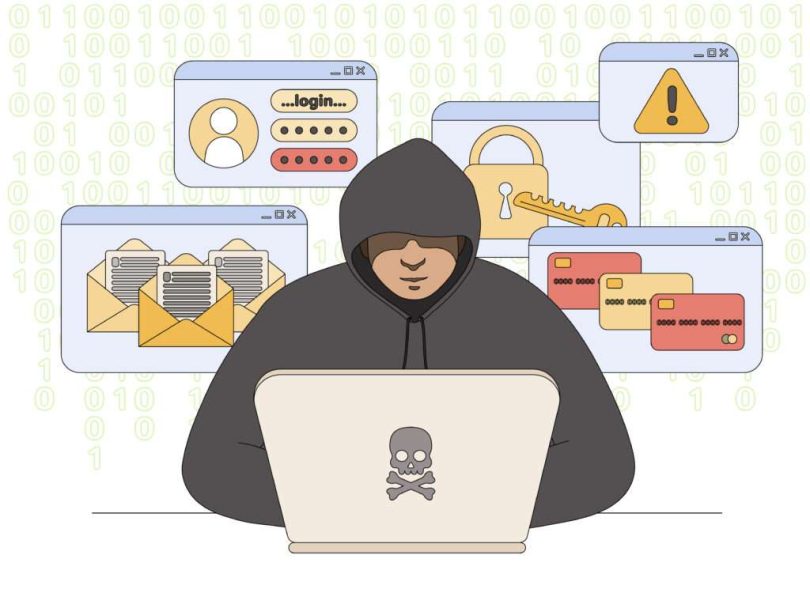The world of online transactions is filled with promises of overnight riches and get-rich-quick schemes that seem too good to be true. With the ease of access to the internet, it’s become a breeding ground for scammers to prey on unsuspecting victims. But how do you know if a website, business, or opportunity is legitimate or a scam? In this article, we’ll delve into the world of online scams and present you with a comprehensive guide to help you make informed decisions.
The first and most important step in determining whether a website or business is legitimate or a scam is to do your research. Legitimate companies will always have a physical address, a business registration, and a strong online presence. Look for reviews, testimonials, and ratings from reputable sources. Be cautious of companies that lack this basic information or have mixed reviews.
Another red flag is the language used on their website. Legitimate businesses will use clear, professional language that clearly explains their services or products. Scammers, on the other hand, often use vague and overly promotional language to entice victims. Be wary of websites that use sensational or deceptive claims, such as guaranteed overnight riches or miracle cures.
It’s also important to be cautious of unsolicited emails, messages, or phone calls. Legitimate businesses usually don’t reach out to you unsolicited, and scammers often use this tactic to trick victims into revealing sensitive information. Never give out personal or financial information, such as passwords, credit card numbers, or social security numbers, to someone you don’t know.
Additionally, be aware of the payment methods used by the website. Legitimate businesses will usually have a clear and secure payment processing system. Scammers often ask for unusual or untraceable payment methods, such as wire transfers or prepaid debit cards. Never send money to someone you don’t know or trust, and always use reputable payment processors like PayPal or credit cards.
The rise of social media has also created a new arena for scammers to operate. Be cautious of overly positive or fake reviews, and always verify the reputation of the brand before making a purchase. Legitimate businesses will usually have a strong social media presence, engaging with their customers and providing helpful information. Scammers often create fake profiles or use bots to spread fake information.
In conclusion, the key to avoiding online scams is to be diligent and cautious. Always do your research, be wary of unsolicited emails and messages, and be cautious of vague or deceptive language. Remember, if it



